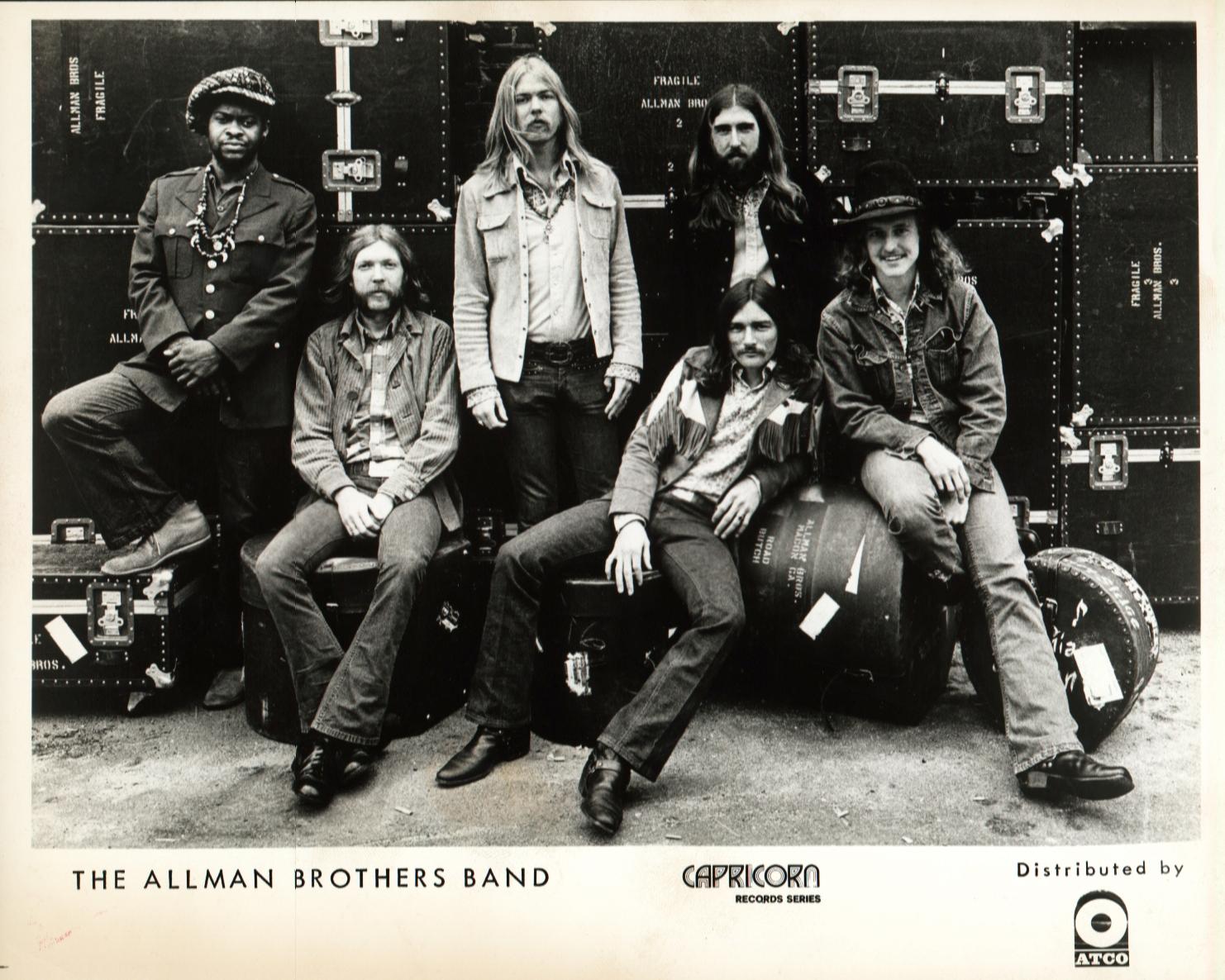John Allman Brothers is a name that resonates deeply within the world of rock music, symbolizing a fusion of blues, jazz, and southern rock that has left an indelible mark on generations of musicians and fans alike. This legendary band emerged in the late 1960s and quickly became known for their unique sound and exceptional live performances. In this article, we will explore the journey of the Allman Brothers Band, their musical innovations, and their lasting influence on the music industry.
Throughout their career, the Allman Brothers Band has been recognized not only for their musical talent but also for their ability to connect with audiences on a profound level. Their commitment to authenticity and improvisation set them apart from their contemporaries, making them pioneers in the jam band scene. This article aims to provide a comprehensive overview of the band's history, key albums, and the legacy they continue to uphold today.
As we delve into the life and times of the Allman Brothers Band, we will also highlight significant milestones, notable performances, and the personal stories of the band members. Whether you are a long-time fan or new to their music, this exploration will deepen your appreciation for one of rock's most iconic bands.
Table of Contents
- Biography of the Allman Brothers Band
- Formation and Early Years
- Musical Style and Innovations
- Key Albums and Songs
- Live Performances and Legendary Shows
- Influence on Music and Culture
- Challenges and Resilience
- Legacy and Recognition
Biography of the Allman Brothers Band
The Allman Brothers Band was formed in 1969 in Macon, Georgia. The original lineup included brothers Duane and Gregg Allman, Dickey Betts, Berry Oakley, Butch Trucks, and Jai Johanny "Jaimoe" Johanson. The band quickly gained popularity for their unique blend of rock, blues, and jazz influences.
| Name | Role | Birthdate |
|---|---|---|
| Duane Allman | Guitarist | November 20, 1946 |
| Gregg Allman | Vocalist, Keyboardist | December 8, 1947 |
| Dickey Betts | Guitarist | December 12, 1943 |
| Berry Oakley | Bassist | April 4, 1948 |
| Butch Trucks | Drummer | May 11, 1947 |
| Jaimoe | Drummer | July 8, 1951 |
Formation and Early Years
The Allman Brothers Band was born out of a shared passion for music among its members. After various musical endeavors in their youth, Duane and Gregg Allman decided to form a band that would express their love for blues and rock. Their early years were marked by extensive touring and a relentless pursuit of their musical vision.
Musical Style and Innovations
The Allman Brothers Band is known for their distinctive musical style, characterized by a blend of rock, blues, and jazz elements. Their innovative approach to improvisation and live performances set them apart from other bands of their era.
- Improvisation: The Allman Brothers are pioneers of the jam band genre, often extending songs through improvisational solos.
- Dual Guitar Harmonies: The combination of Duane and Dickey's guitars created a rich and dynamic sound.
- Blues Influence: Their music heavily draws from blues traditions, showcasing their deep respect for the genre.
Key Albums and Songs
The Allman Brothers Band released several influential albums throughout their career. Some of their most significant works include:
- At Fillmore East (1971): A live album that solidified their reputation and showcased their improvisational skills.
- Eat a Peach (1972): A blend of studio and live recordings, featuring iconic tracks like "Melissa" and "Blue Sky."
- Brothers and Sisters (1973): Marked a shift in their sound with the introduction of new band members and a more polished production.
Live Performances and Legendary Shows
One of the defining features of the Allman Brothers Band is their legendary live performances. They became known for their extended jams and the ability to engage with their audience on a profound level.
Influence on Music and Culture
The band's influence extends beyond their music. They played a pivotal role in shaping the southern rock genre and inspired countless musicians across various genres.
Challenges and Resilience
Despite their success, the Allman Brothers faced numerous challenges, including the tragic loss of Duane Allman in 1971 and Berry Oakley in 1972. These events tested the band's resilience and commitment to their craft.
Legacy and Recognition
The Allman Brothers Band's legacy continues to thrive, with their music resonating with new generations of fans. They have been inducted into the Rock and Roll Hall of Fame and remain a significant influence in the music industry.
Conclusion
In conclusion, the Allman Brothers Band represents a remarkable journey through music history, characterized by innovation, resilience, and a deep connection to their audience. Their contributions to the world of rock music are invaluable, and their influence will continue to be felt for years to come. If you enjoyed this exploration of the Allman Brothers Band, we invite you to share your thoughts in the comments below or check out more articles on our site.
Final Thoughts
Thank you for joining us on this journey through the life and legacy of the Allman Brothers Band. We hope this article has deepened your understanding and appreciation of their music. Be sure to visit us again for more in-depth articles about your favorite artists and bands!


